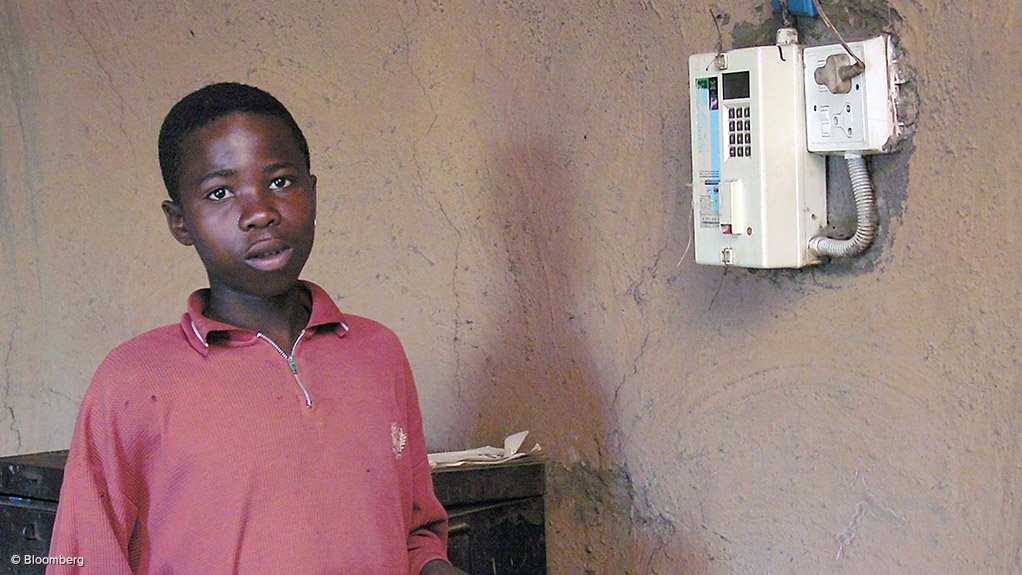Child poverty in South Africa has declined but more still needs to be done, according to a report released by the South African Human Rights Commission (SAHRC) on Wednesday.
"Poverty has declined, but that does not mean that the situation is good," Prof Servaas van der Berg said.
He was presenting the report, "Poverty traps and social exclusion among children in South Africa", based on a study by the SAHRC and the UN Children's Fund South Africa.
It said according to three income and expenditure surveys, the estimated poverty rate decreased from 65% in 2000 to just below 40% in 2010.
The child poverty rate dropped from 76% in 2000 to just below 50% in 2010.
Van der Berg told Sapa no new figures were available but things had probably not changed since 2010.
"We were looking at long-term trends and it is likely that things have not changed much since 2010," he said.
"With trends we do not expect short fluctuations to have occurred."
He said newer survey results were not available and they did not want to use other figures so the report would be consistent in the long term.
According to the report a poverty trap is "any self-reinforcing mechanism which causes poverty to persist" and any person could be caught in such a trap by a variety of mechanisms.
Education, health, assets, social networks, family, and geography are highlighted as areas that require intervention to escape poverty.
According to the report, poverty-stricken households are at greater risk of contracting disease. Often, health problems lower productivity.
Ill-health can induce perpetual poverty from nutrition deficiencies and undernourishment can affect behaviour.
"Whether health deficiencies are caused by disease or malnutrition, it is clear that policy interventions that improve children's health can dramatically increase their chances of escaping poverty," a summary of the report reads.
"There are many areas of concern when it comes to children being caught in poverty traps and excluded from mainstream social and economic life, but two in particular stand out: weak education and poor parenting."
Child hunger affected the ability to learn and function, he said.
The child grant system had done much to decrease poverty and help children, but more needed to be done, Van der Berg said.
"The grant system has probably reached about the end of its usefulness, we now need to look at other things."
Van der Berg said increasing the grant amount and giving additional grants would be too costly and would not do enough to decrease poverty.
A copy of the report would be handed to the presidency.
EMAIL THIS ARTICLE SAVE THIS ARTICLE
To subscribe email subscriptions@creamermedia.co.za or click here
To advertise email advertising@creamermedia.co.za or click here











